2019
Age
We want to know the age of our employees so we can understand the demographics we attract. We use this to help design our benefits programme by understanding what life stages our employees are at during their time with us.
Bulgaria

Australia

UK

USA

Generations
Understanding the generations of our workforce enables us to provide an environment and support that best suits the employee life cycle. Whilst we don’t wish to stereotype, we believe it is helpful to understand the impact of the times in which our people have grown up.
All

Sex
Sex is physically assigned and defined by genetic factors. For instance, male and female genitalia, both internal and external, are different.
Bulgaria

Australia

UK
USA

Gender
Gender is used to describe the socially constructed role you identify with. Gender is fluid. It is your own personal sense of your masculinity, femininity or other characteristics that you choose to identify yourself as.
Bulgaria
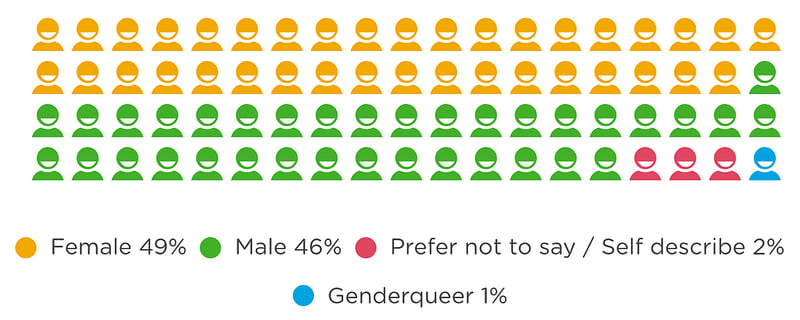
Australia
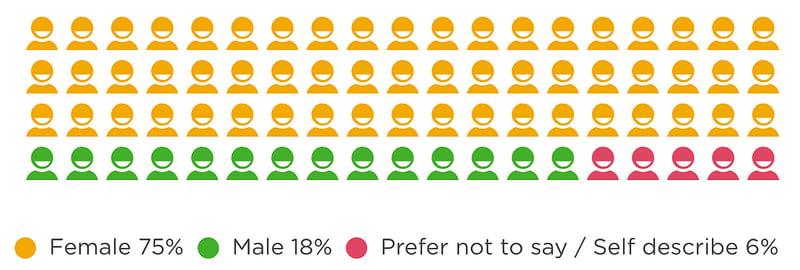
UK
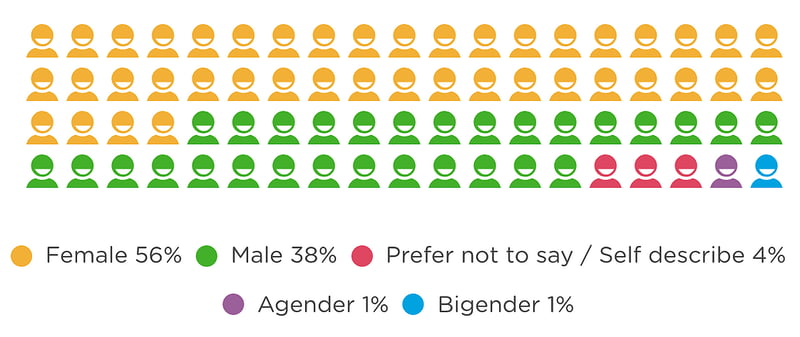
USA
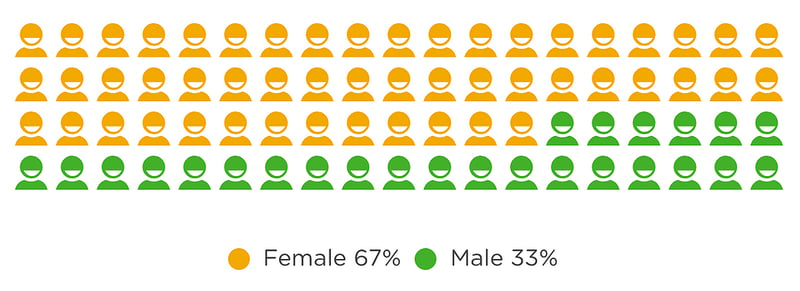
Sexual Orientation
We want Reward Gateway to be an environment which is attractive and inclusive to all individuals regardless of their sexual preference.
Bulgaria
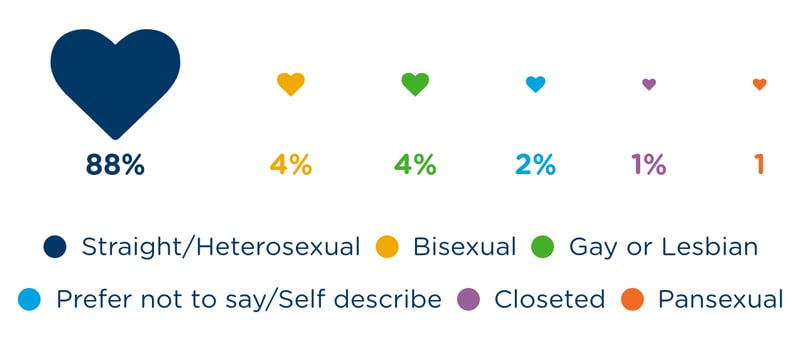
Australia
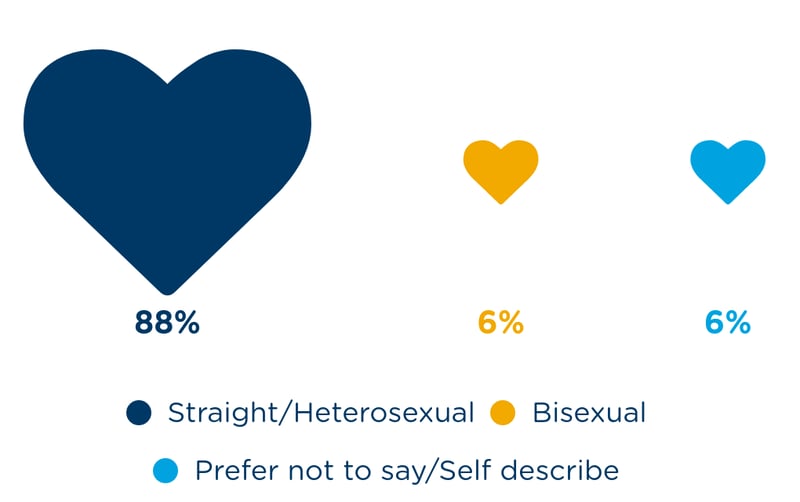
UK
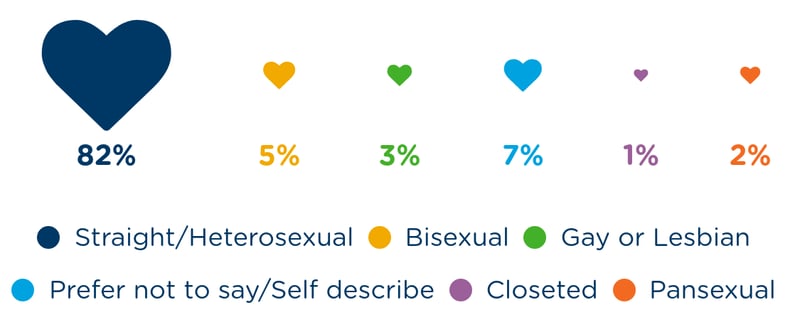
USA
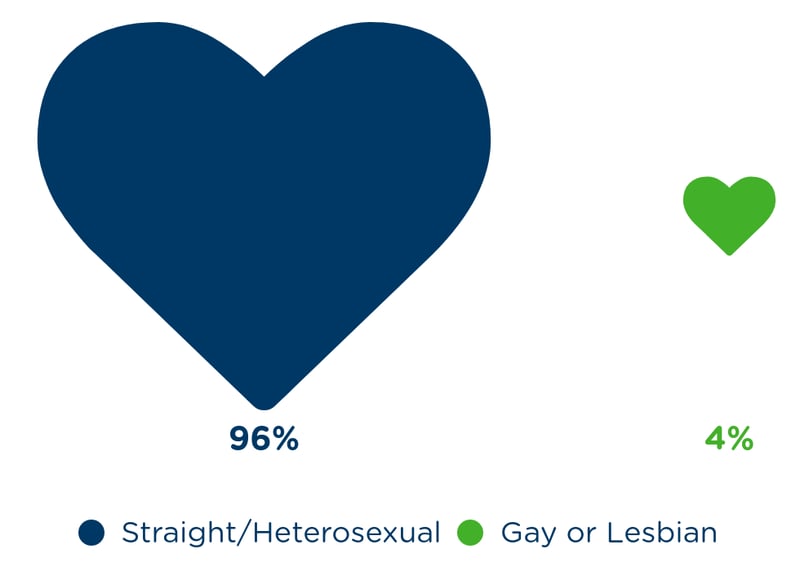
Race
Allowing people to describe their Race showed how differently people identify with Race. Some identify their Race as their Nationality or Ethnicity rather than the physical characteristics that Race defines.
All
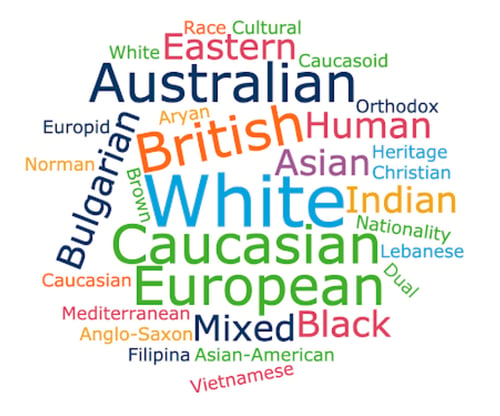
Ethnicity
Ethnicity refers to cultural factors, including nationality, regional culture, ancestry, and language. An example of ethnicity is German or Spanish ancestry (regardless of race) or Han Chinese.
Bulgaria
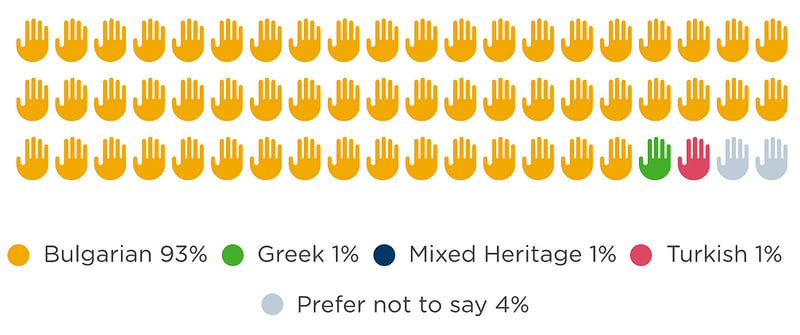
Australia

UK

USA

Religion
We want to make RG a better place to work by accommodating your beliefs and practices so you can bring your whole self to work.
Bulgaria

Australia

UK

USA

Physical Abilities
This shows how many people have physical conditions which impact their work. We are fully certified as a Level 1 Disability Confident Committed Employer.
Bulgaria

Australia

UK

USA

Neurodiversity
We welcome and value people who are able to think differently. Neurological conditions may lead people to think differently purely because their brain is wired to work differently. 3% of our survey participants identified as being Neurodiverse.
All




